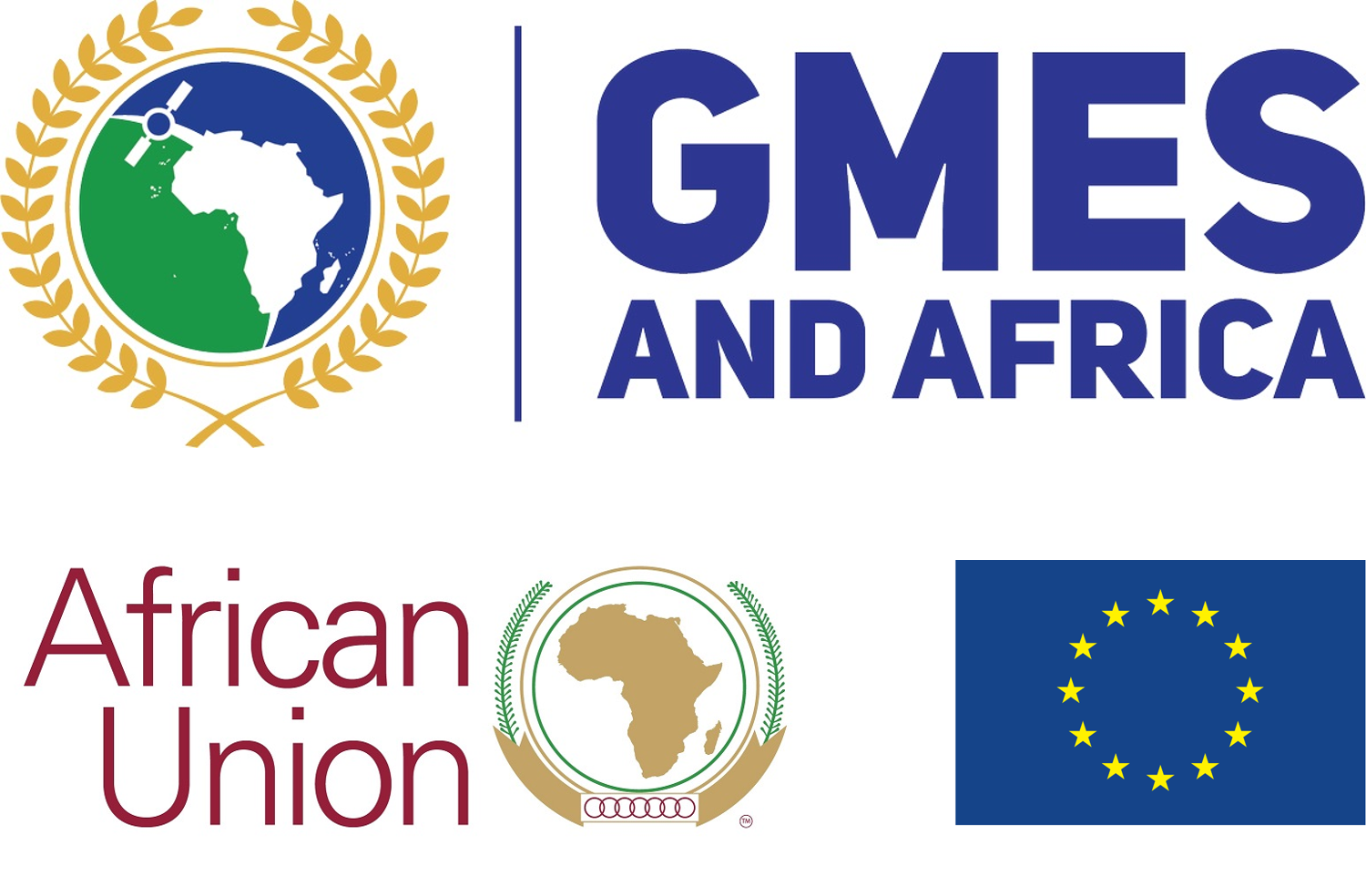The Southern African Science Service Centre for Climate Change and Adaptive Land Management (SASSCAL) hosted a highly successful virtual meeting with its technical partners, aimed at advancing the WeMAST (Wetlands Monitoring and Assessment for Sustainability) project. The meeting’s primary objectives were to review and finalize the 2025 Implementation Action Plan and to standardize reporting templates within the GMES and Africa framework.
The meeting marked a crucial step in aligning efforts across the various project partners, ensuring that the project progresses smoothly and that all participants are on the same page moving forward. Dr. Budzanani Tacheba, the Interim Executive Director of SASSCAL, opened the session by emphasizing the importance of assessing the practicality and feasibility of the project’s activities within the established timelines.
“We need to evaluate what can be realistically accomplished under each work package, and work with our partners to prioritize tasks and establish clear timelines to ensure the project stays on track,” Dr. Tacheba remarked. He stressed that it is vital to monitor progress at the end of each quarter to ensure the project is meeting its goals and deadlines, highlighting the need for a structured approach to managing the timeline and deliverables.
Dr. Tacheba also reminded the partners that as the project moves into its later stages, key activities will shift. “In Q3 and Q4, we’ll be focusing more on administrative, policy, and institutional matters rather than tangible field-related outcomes,” he noted, acknowledging the critical transition from implementation to ensuring long-term sustainability through institutional integration.
The technical partners, including representatives from Midlands States University (Zimbabwe), LocateIT (Kenya), University of Western Cape (South Africa), University of Zambia (UNZA), University of Namibia, and University of Botswana, actively participated in the discussion, ensuring that each partner’s input was considered in finalizing the implementation plan.
The WeMAST project which is funded by the African Union and European Union under the GMES and Africa program aims to provide critical insights into the sustainability of wetlands across Southern Africa, utilizing Earth observation technologies and data-driven approaches. By leveraging the expertise of each technical partner, the initiative is poised to enhance the region’s ability to manage and protect its vital wetland ecosystems.
With the action plan now more refined and timelines aligned, the partners are ready to move forward with the project, ensuring that the next phases are executed effectively, and that all goals are met on time. The collaboration and engagement during the meeting underscored the commitment of SASSCAL and its partners to advancing sustainable environmental management practices in Southern Africa.




Leave a Reply